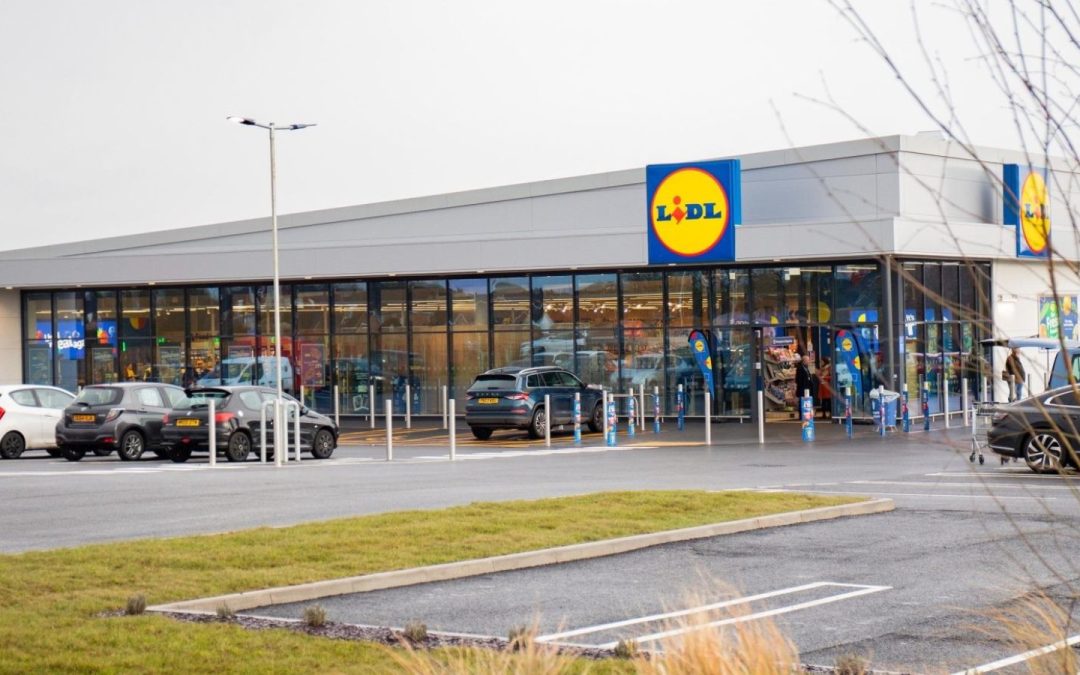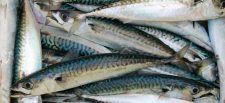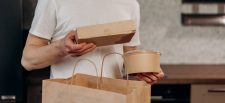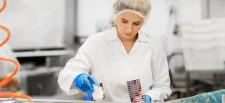UK discounter Lidl GB has published its ‘Beyond the Basket’ sustainability report, which showed “strong progress” across its goals for healthy and sustainable diets.
The discounter committed to an increase in its plant-based food sales by 20% by 2030, in line with the EAT-Lancet Planetary Health Diet and net-zero ambitions by 2050.
Lidl said it was the “first British retailer to align with the framework”. It convened experts and leaders from across the food system – from farmers to academics – to explore practical solutions, building on the EAT-Lancet Commission report.
The discounter also announced that it had exceeded multiple sales targets as part of its strategy to “embed sustainability” into its value model.
Lidl has expanded its range of fibre-rich products and introduced monthly discounts of up to 30% on wholegrain items through Lidl Plus. As a result, the retailer has surpassed its target to increase fibre tonnage by 20% by 2026 – achieving nearly 22% growth two years ahead of schedule. Wholegrains now account for 15.3% of all grain sales, up from 12.9% in FY23/24, with a target of 25% by 2030.
Richard Bourns, chief commercial officer at Lidl GB, stated: “Aligning our strategy with the Planetary Health Diet is a long-term commitment to building a healthier, more sustainable food system. It’s delivering measurable impact – beyond the basket – by making healthy and sustainable food more accessible and affordable.
“The progress outlined in our report shows we’re matching growth with real sustainability progress. From sourcing materials responsibly and reducing emissions, to investing in British farming, we’re proving sustainability and value go hand-in-hand.
“Our customers expect us to lead with purpose, and we’re proud to be doing just that. By embedding sustainability into the heart of our operations, we’re not only protecting the planet – we’re supporting communities, empowering suppliers, and delivering the quality and value our customers rely on every day.”
Lidl reports waste reduction and future investment
Lidl reported that 98% of its critical raw materials are sourced from verified sustainable sources, with a target of reaching 100% by the end of 2025. For the seventh consecutive year, Lidl sold the highest volume of own-brand Fairtrade cocoa among UK grocery retailers, and the discounter also remains on track to reduce own-label plastic packaging by 40% by next year, with recyclability rates already reaching 95%. Its vacuum-packed mince has cut plastic use by 63%, which the retailer said would save 250 tonnes of plastic annually and halve in-store food waste.
Beyond reducing its impact in sourcing and packaging, Lidl has committed £30 billion to British food and farming over the next five years. It will also invest £650,000 over two years to launch its fruit and veg education programme Lidl Foodies.









